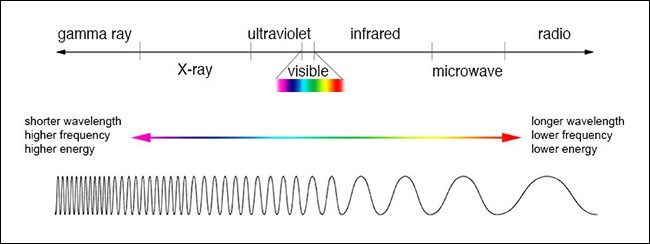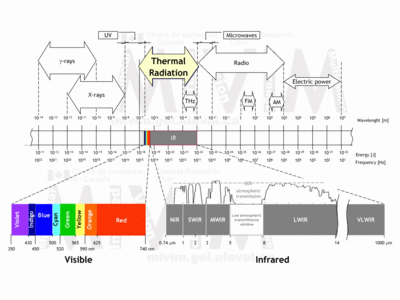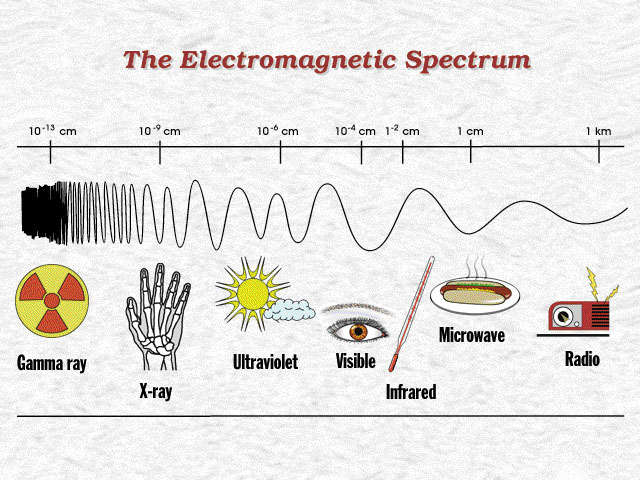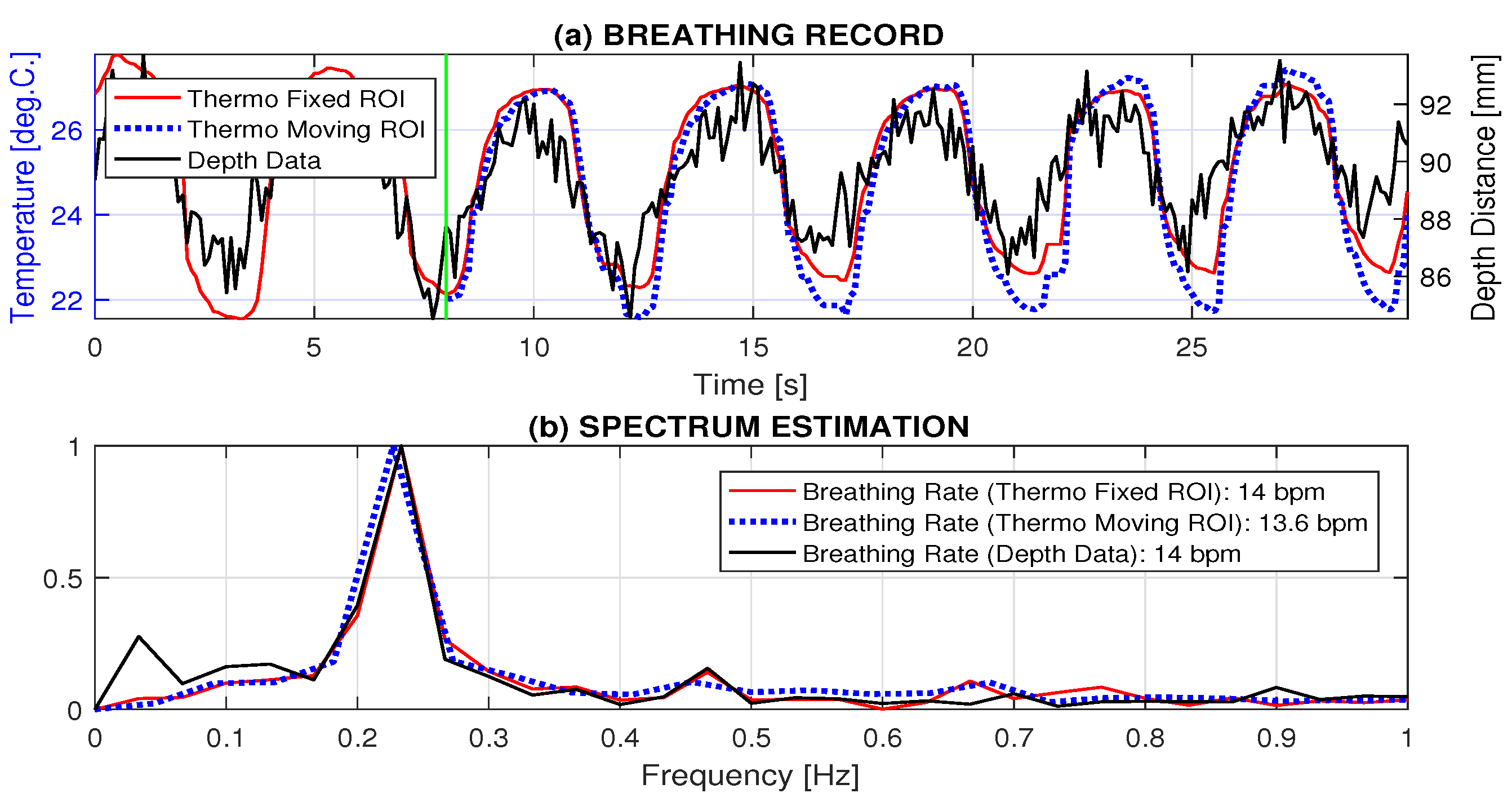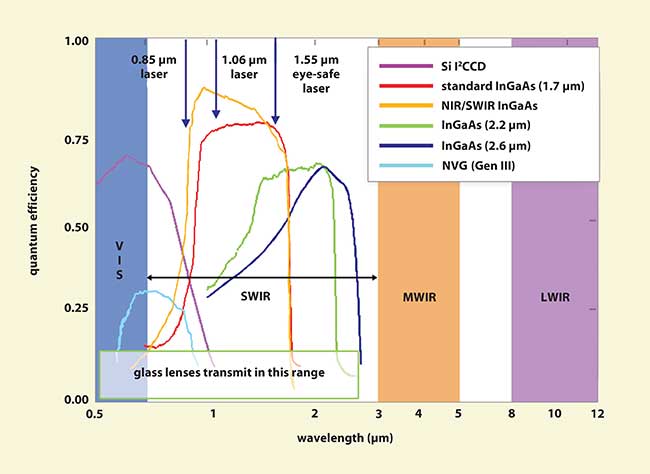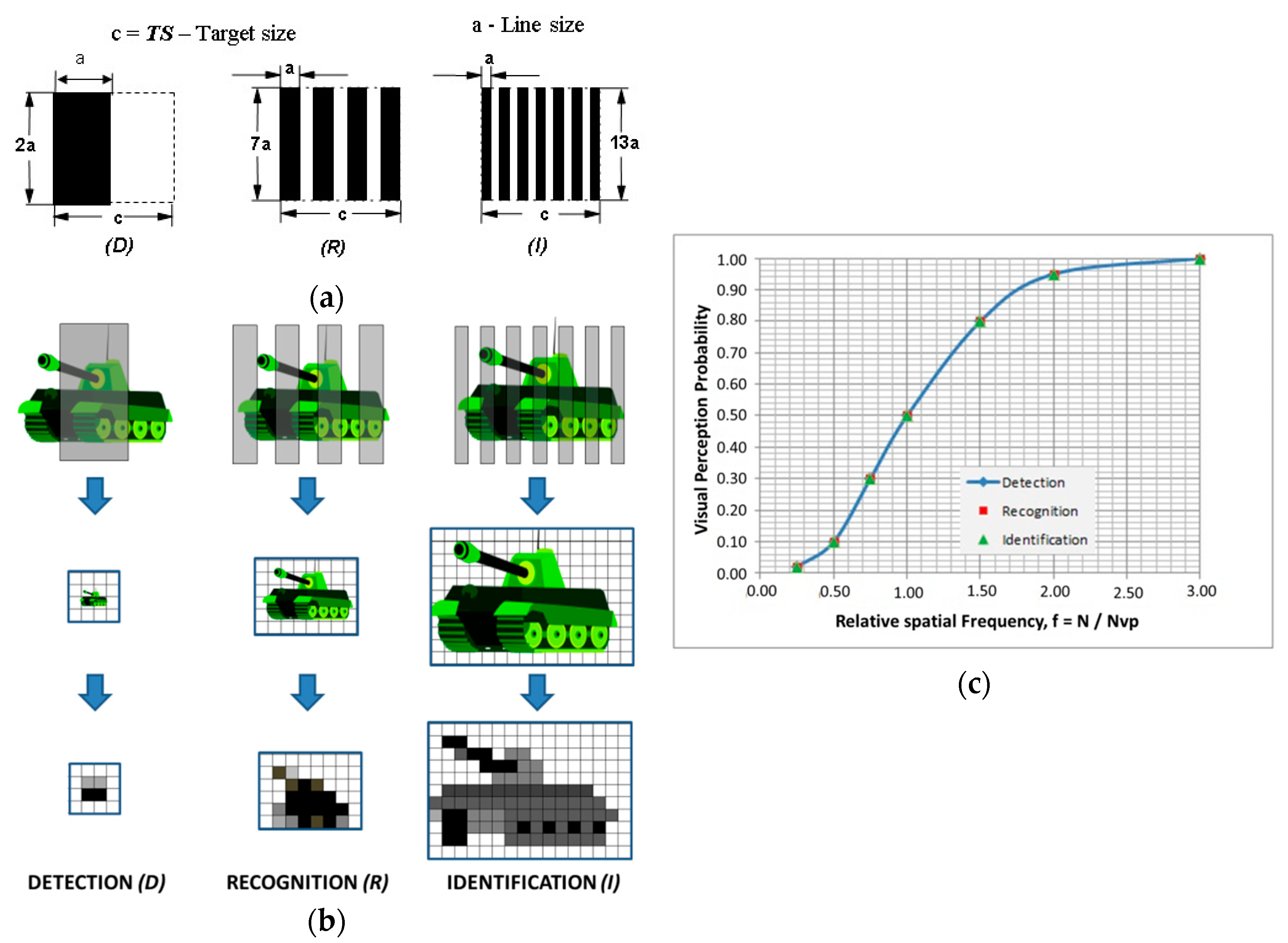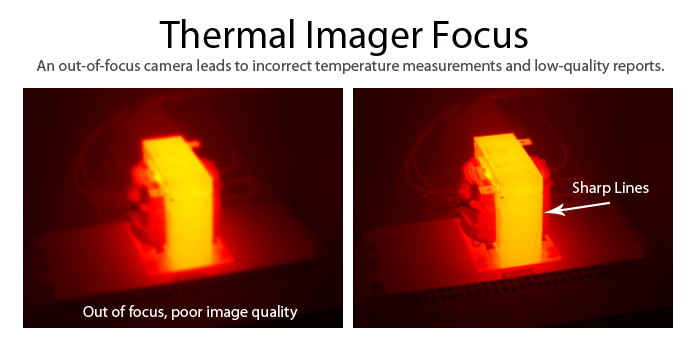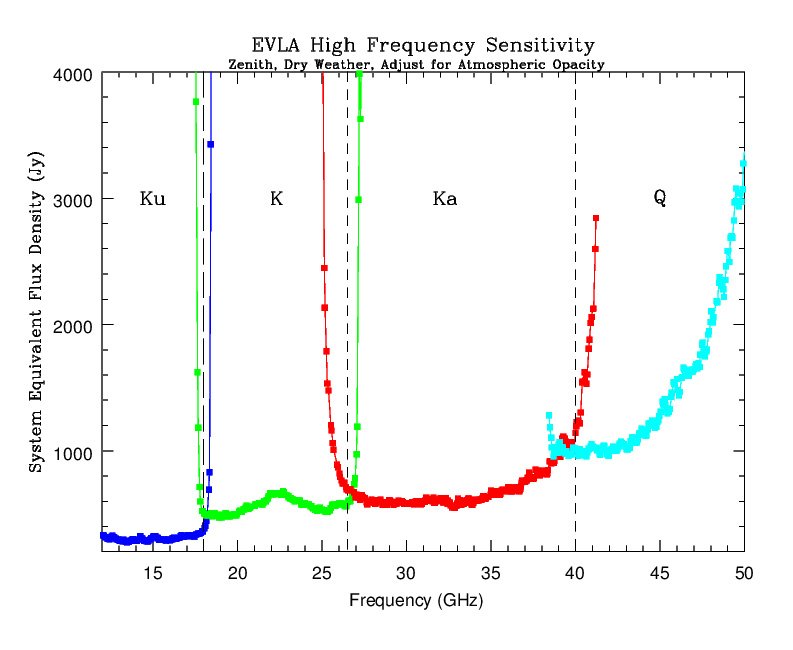Thermal technology has advanced far enough that a good quality thermal imaging camera is small enough to fit in our pocket and attached to your cellphone or tablet.
Thermal imaging frequency range.
The thermal imaging industry has evolved drastically since its beginning when thermal cameras were unwieldy bulky heavy and outrageously expensive.
Sometimes referred to as flir cameras they produce an image that portrays objects using their temperature instead of their visible properties.
Infrared imaging services llc provides infrared electrical inspections infrared testing and electrical surveys to detect system overloads loose and defective components and damaged switch gears with thermal imaging as well other electrical testing and electrical surveys in albany ny ny capital region upstate ny and vt.
This article explains thermal infrared imaging the infrared spectrum and the different infrared cameras used.
All objects warmer than absolute zero 273 c 459 f emit infrared radiation in the mwir and lwir wavelengths 3µm 14µm in an amount.
Infrared radiation extends from the nominal red edge of the visible spectrum at 700 nanometers nm to 1 millimeter mm.
Whether you use thermal imaging for an inspection of large industrial installations or for an inspection of a fuse box in a domestic residence flir will have just the right thermal imaging camera for you.
Find hidden problems take accurate temperature readings and confirm repairs were done correctly with the help of the 4 800 80 x 60 pixel infrared resolution and flir multi spectral dynamic imaging msx enhancements.
Instead of the 400 700 nm nanometer range of visible light thermographic cameras are sensitive to wavelengths from about 1 000 nm 1 μm to about 14 000 nm 14 μm.
What is thermal or infrared imaging.
Definition and relationship to the electromagnetic spectrum.
There is no real maximum range depending on the wavelength and what you are looking through.
Flir systems offers a wide range of thermal imaging cameras.
Mid infrared will have a limit when looking through the atmosphere due to water absorption but the longer waves over 8 microns and the 3 5 micron ran.
So how does thermal imaging see heat.
The wavelength of infrared that thermal imaging cameras detect is 3 to 12 μm and differs significantly from that of night vision which operates in the visible light and near infrared ranges 0 4 to 1 0 μm.


